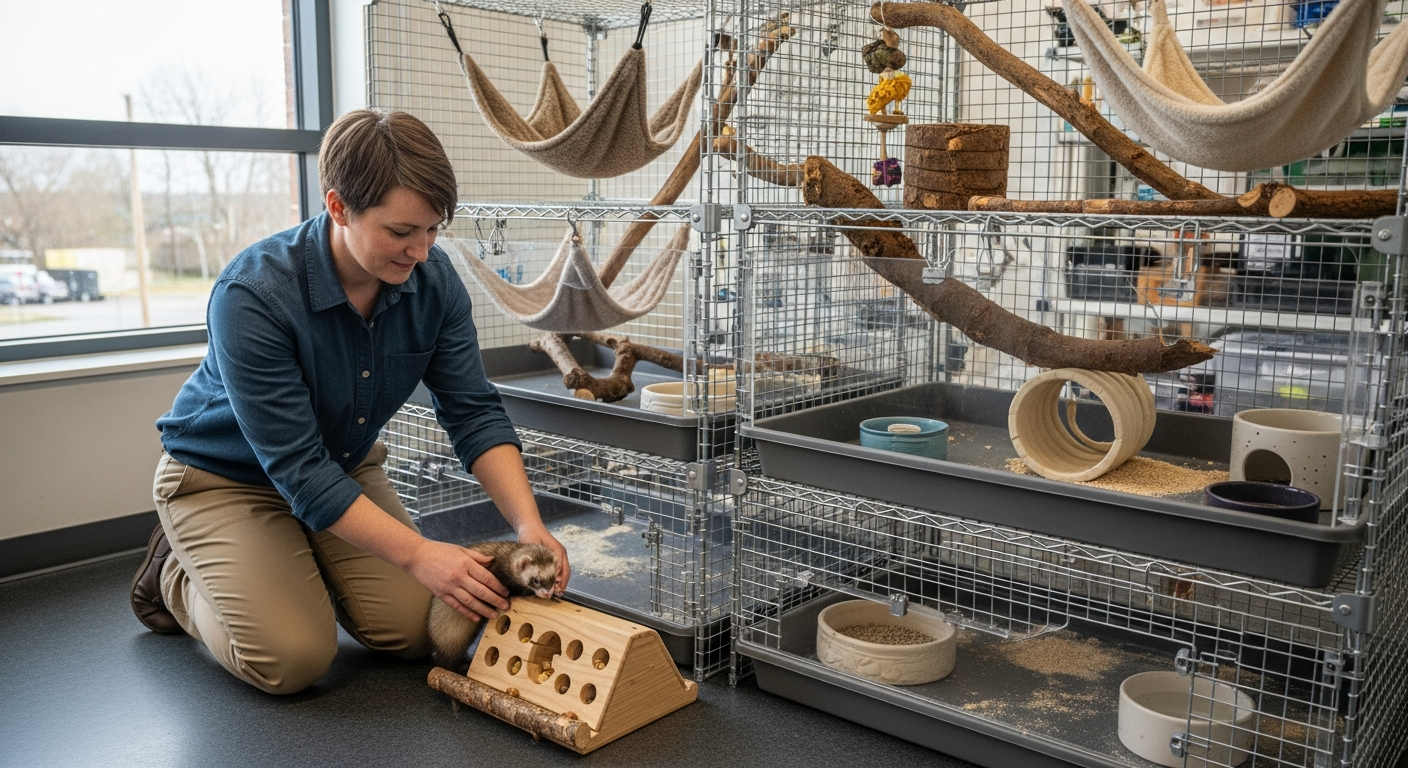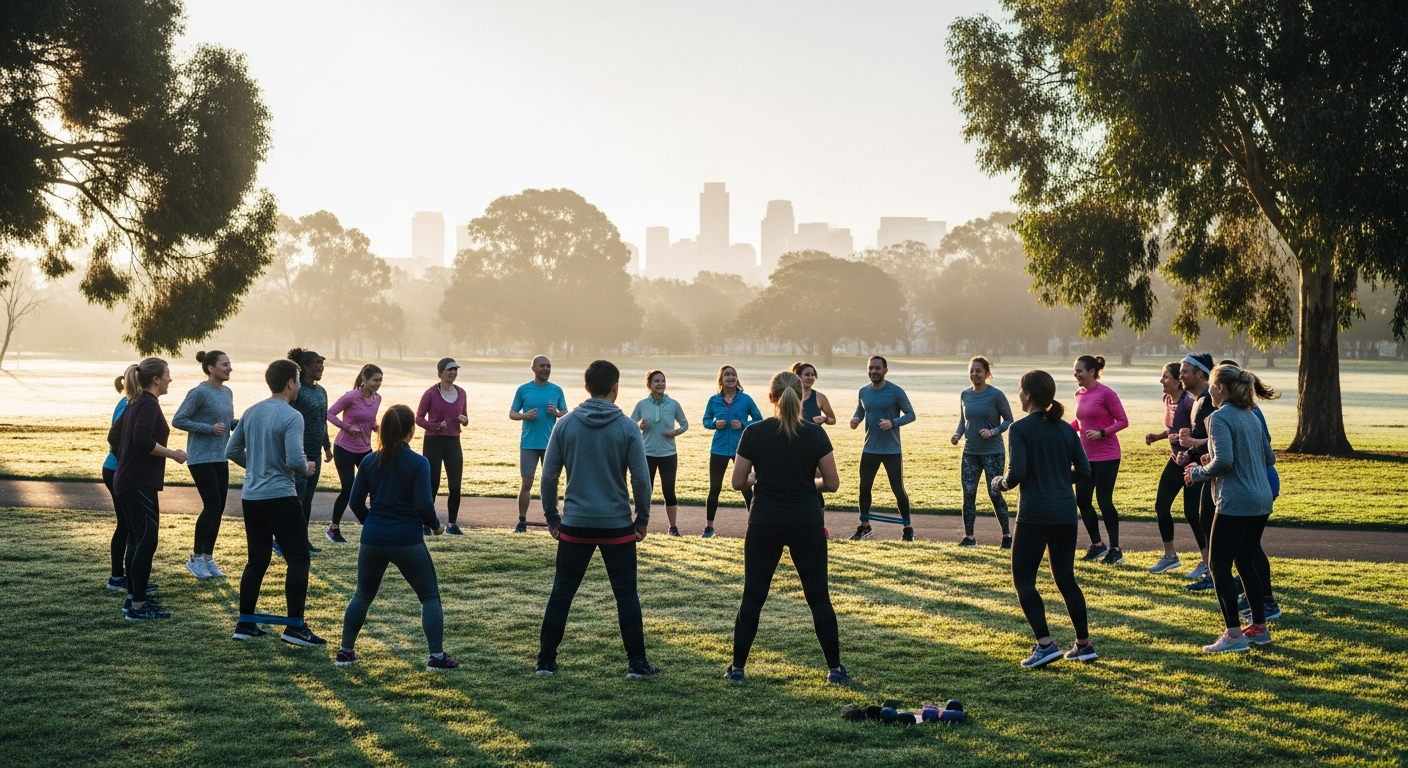The Emergence of Upcycling: A Sustainable Trend Shaping Consumer Habits
In an era where environmental concern has become a global priority, a unique and innovative trend has arisen: upcycling. This practice involves repurposing or transforming discarded materials into high-quality products. It's a creative and green approach to consumption that's gaining traction in modern society. Continue reading to delve into the emergence of upcycling, its societal implications, and how it's shaping our consumer habits.

Revisiting the Roots of Upcycling
The concept of upcycling is not entirely new. Throughout history, societies have reused materials out of necessity or scarcity. However, the term “upcycling” came into the mainstream lexicon in the 1990s. German engineer Reiner Pilz and American architect William McDonough popularized the term to promote a more sustainable approach to manufacturing and consumption.
The Rise of Conscious Consumerism
In recent years, the appeal of upcycling has surged in tandem with the rise of conscious consumerism. People are becoming more aware of the environmental impact of their choices, leading to a shift in purchasing habits. Upcycling aligns with this ethos, offering consumers an environmentally friendly alternative to mass-produced items.
Upcycling and its Societal Implications
The upcycling movement is changing the way we view waste. It challenges the societal norm of discarding items after a single use and encourages creativity in repurposing materials. This shift in perspective is significant, as it pushes against the throwaway culture prevalent in modern society.
Making an Impact: Environmental and Economic Benefits
Beyond its societal implications, upcycling is also making a tangible impact. It reduces waste and lessens the demand for new materials, thus helping to alleviate some of the pressures on our environment. Economically, it’s creating new industries and job opportunities, stimulating local economies and fostering entrepreneurship.
The Future of Upcycling
As more consumers gravitate towards sustainable practices, the future of upcycling looks promising. It’s not just a trend, but a sign of a societal shift towards more conscious consumption. And as this shift continues, upcycling will likely become an ever more integral part of our everyday lives.
In conclusion, upcycling is more than just a buzzword in the sustainability sphere. It’s a movement that’s reshaping our consumer habits, challenging societal norms, and making a tangible impact on both the environment and economy. As we continue to strive for a more sustainable future, upcycling represents a creative and practical approach to consumption.






